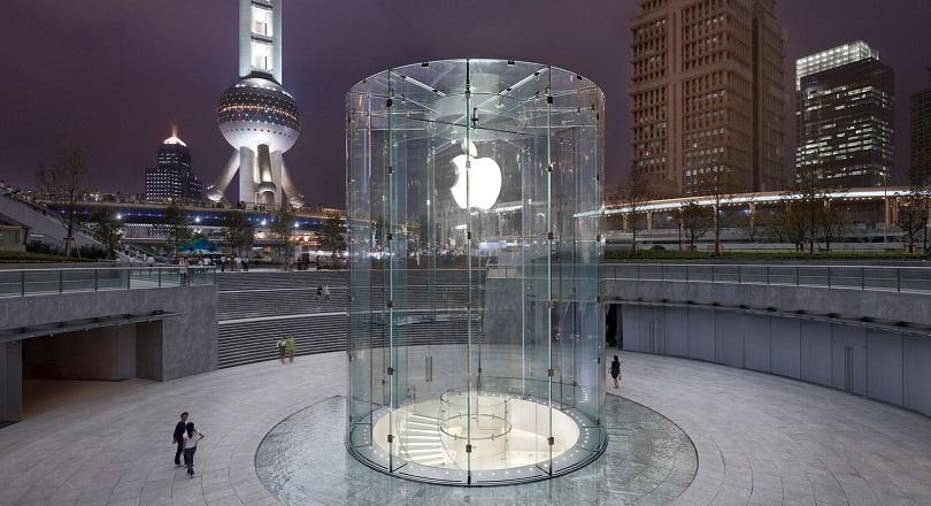Apple to Supreme Court: Let's End This Samsung Patent Fight

The years-long legal battle between Samsung and Apple over smartphone patents plods on, but Apple on Friday submitted to the US Supreme Court the legal equivalent of "we've had enough."
A jury ordered Samsung to pay Apple nearly $1 billion in 2012 for copying parts of Apple's iPhone and iPad design. Through multiple appeals, Samsung has succeeded in getting various courts to reduce the amount it must pay to $548 million, though it argued that even that amount was excessive.
In Friday's legal brief, Apple indicated that it is tired of Samsung's multiple appeals, and wants the Korean giant to pay up. Apple argued that Congress has been clear on the issue of design patent damages, and there is no reason the Supreme Court should allow Samsung to make additional arguments, according to Reuters.
Samsung wants the Supreme Court to remand the case back to a lower court for further proceedings, arguing that design patent damages should be decided on one component of a smartphone, rather than the entire product. Apple maintains that a case involving multiple patents for parts of single device is not what Congress intended when it designed the patent system.
"Samsung cobbles together out-of-context citations to out-of-record materials in an attempt to paint itself as a thought leader in the smartphone industry," Apple's lawyers wrote in Friday's brief. "But the real record—as played out in the actual marketplace and in this litigation—tells a very different story. Apple innovated; Samsung copied."
Apple's refrain mirrors the approach it has taken against Motorola and many other smartphone makers that use Google's Android operating system, which Apple's former CEO Steve Jobs famously labeled a copy of Apple's own software design.
"I will spend my last dying breath if I need to, and I will spend every penny of Apple's $40 billion in the bank, to right this wrong," Jobs said. "I'm going to destroy Android, because it's a stolen product. I'm willing to go thermonuclear war on this."
This article originally appeared on PCMag.com.



















